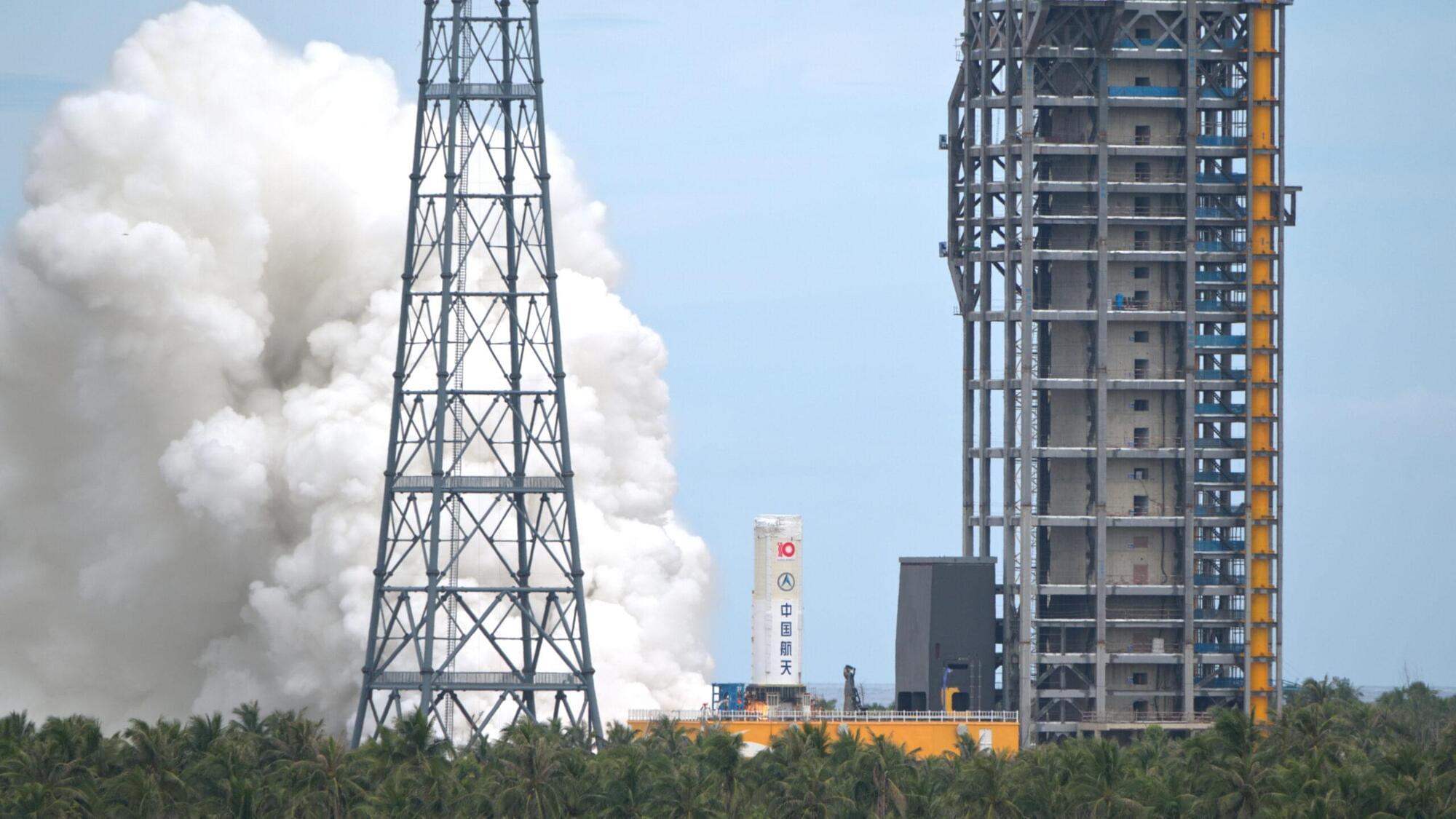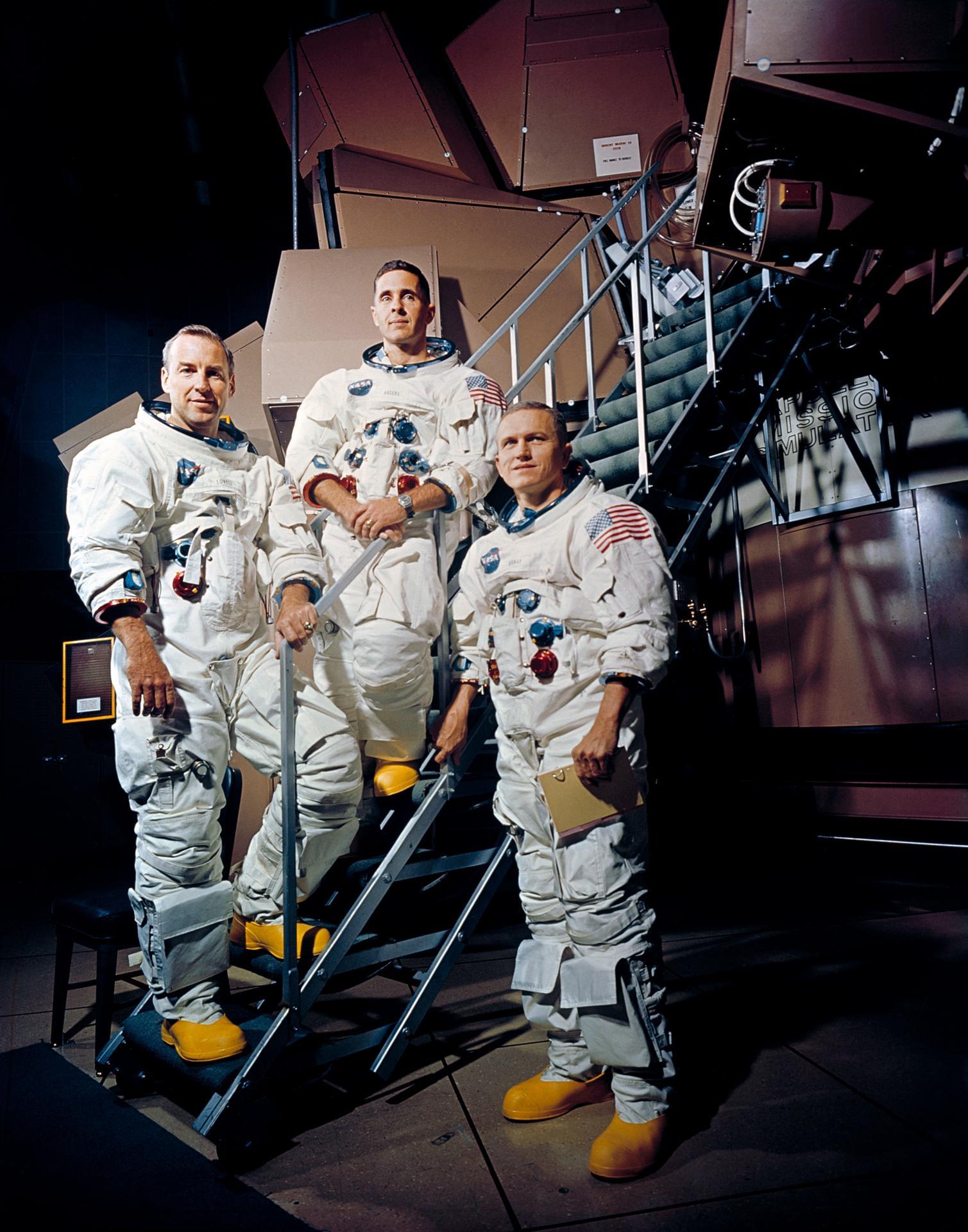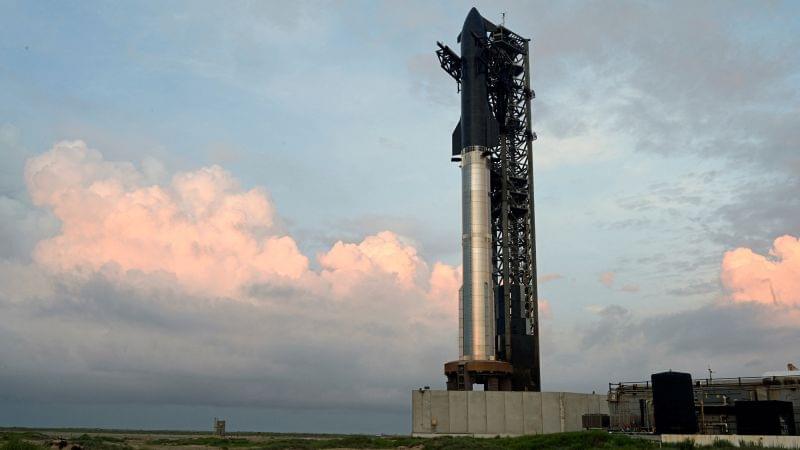A debate/discussion on ASI (artificial superintelligence) between Foresight Senior Fellow Mark S. Miller and MIRI founder Eliezer Yudkowsky. Sharing similar long-term goals, they nevertheless reach opposite conclusions on best strategy.
“What are the best strategies for addressing risks from artificial superintelligence? In this 4-hour conversation, Eliezer Yudkowsky and Mark Miller discuss their cruxes for disagreement. While Eliezer advocates an international treaty that bans anyone from building it, Mark argues that such a pause would make an ASI singleton more likely – which he sees as the greatest danger.”
What are the best strategies for addressing extreme risks from artificial superintelligence? In this 4-hour conversation, decision theorist Eliezer Yudkowsky and computer scientist Mark Miller discuss their cruxes for disagreement.
They examine the future of AI, existential risk, and whether alignment is even possible. Topics include AI risk scenarios, coalition dynamics, secure systems like seL4, hardware exploits like Rowhammer, molecular engineering with AlphaFold, and historical analogies like nuclear arms control. They explore superintelligence governance, multipolar vs singleton futures, and the philosophical challenges of trust, verification, and control in a post-AGI world.
Moderated by Christine Peterson, the discussion seeks the least risky strategy for reaching a preferred state amid superintelligent AI risks. Yudkowsky warns of catastrophic outcomes if AGI is not controlled, while Miller advocates decentralizing power and preserving human institutions as AI evolves.



